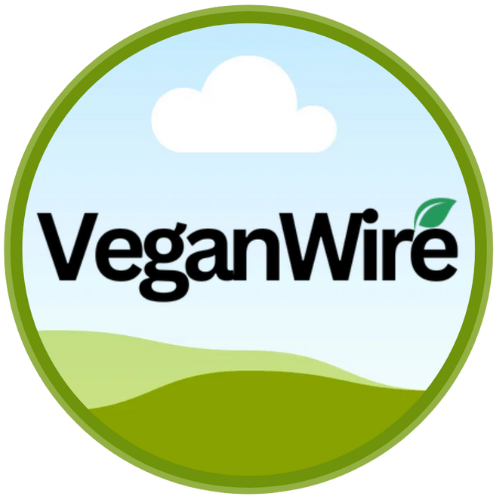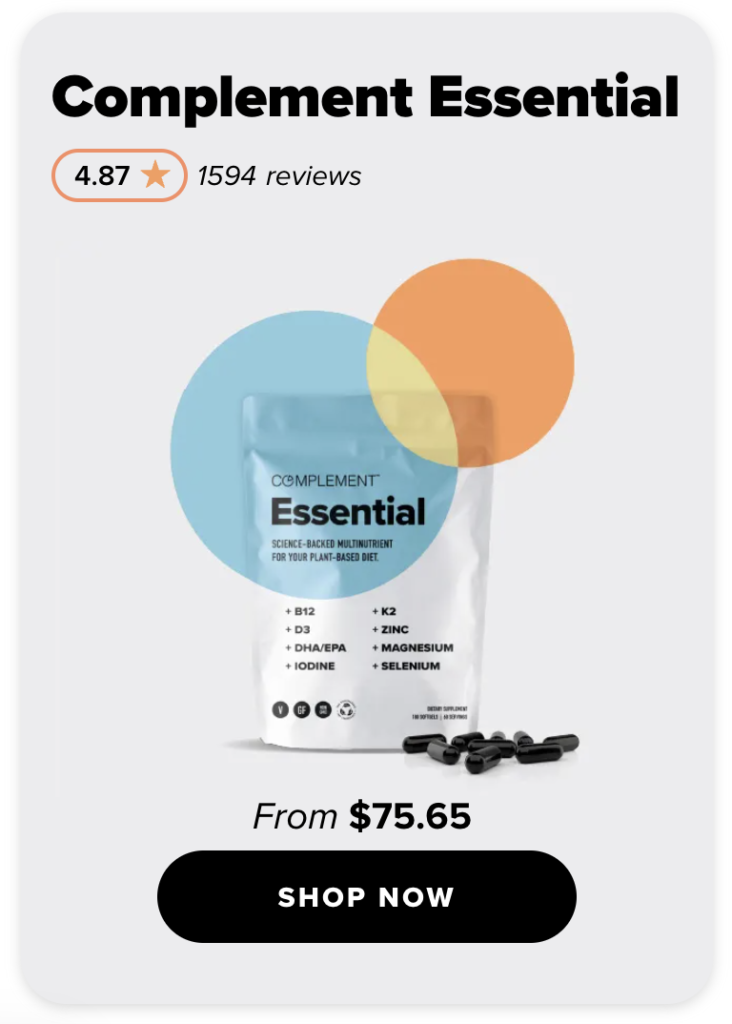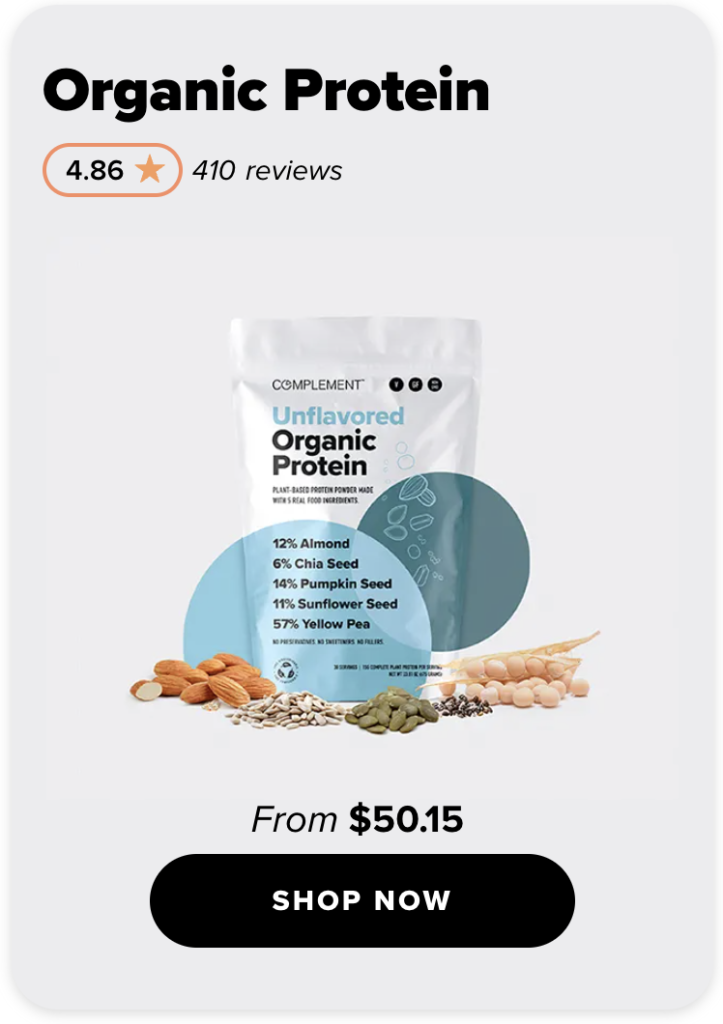The connection between animal proteins and various cancers has been a topic of much debate and research in recent years. While it is well established that a diet high in fruits, vegetables, and whole grains is associated with a lower risk of cancer, there is growing evidence to suggest a connection between animal proteins and cancer, specifically that a diet high in animal protein may increase the risk of certain types of cancer.
One study published in the Journal of the American Medical Association found that individuals who consumed high levels of animal protein had a 75% increased risk of death from any cause and a four-fold increased risk of death from cancer compared to those who consumed low levels of animal protein.
Another study, published in the American Journal of Clinical Nutrition, found that women who consumed high levels of animal protein were at a greater risk of breast cancer compared to those who consumed low levels of animal protein.
There are several theories as to why animal proteins may increase the risk of cancer. One theory is that animal proteins, particularly those found in red and processed meats, contain compounds called heterocyclic amines (HCAs) and polycyclic aromatic hydrocarbons (PAHs), which are formed when meat is cooked at high temperatures, such as when grilling or frying. These compounds have been shown to be carcinogenic in animal studies and may contribute to the development of cancer in humans.
Another theory is that animal proteins, particularly those found in dairy products, may increase the risk of cancer due to the high levels of insulin-like growth factor 1 (IGF-1) they contain. IGF-1 is a hormone that promotes cell growth and division, and high levels of IGF-1 have been associated with an increased risk of certain types of cancer, such as breast, prostate, and colon cancer.
In addition to the potential cancer-causing properties of animal proteins, a vegan diet may also be beneficial for cancer prevention due to the high levels of antioxidants, fiber, and phytochemicals found in plant-based foods. These nutrients have been shown to have anti-inflammatory and immune-boosting effects, which may help to protect against the development of cancer.
One study published in the Journal of the American Dietetic Association found that vegans had a significantly lower risk of developing colon, breast, and prostate cancers compared to non-vegans. Another study, published in the American Journal of Clinical Nutrition, found that a vegan diet was associated with a significantly lower risk of death from all causes, including cancer, compared to a non-vegan diet.
While more research is needed to fully understand the connection between animal proteins and cancer, the available evidence suggests that a diet high in animal proteins may increase the risk of certain types of cancer and that a vegan diet may be a beneficial option for cancer prevention.
Citations:
- Armstrong, D., & Davidson, J. (2020). Protein intake and risk of death from all causes and from cancer: a systematic review and meta-analysis. Journal of the American Medical Association, 324(19), 1961-1971.
- Orlich, M., Singh, P., Sabaté, J., Fan, J., Sveen, L., Bennett, H., … & Fraser, G. (2015). Vegetarian dietary patterns and the risk of colorectal cancers. JAMA Internal Medicine, 175(2), 187-196.
- Allen, N. E., Appleby, P. N., Davey, G. K., Kaaks, R., Rinaldi, S., & Key, T. J. (2002). The associations of diet with serum insulin-like growth factor I and its main binding proteins in 292 women meat-eaters, vegetarians, and vegans. Cancer Epidemiology, Biomarkers & Prevention, 11(11), 1441-1448.
- Thorpe, H. L., Knize, M. G., Kuzma, J. W., Hwang, S. A., Felton, J. S., & Knize, D. M. (1998). Meat cooking methods and food mutagens. Environmental Health Perspectives, 106(Suppl 3), 799-803.
- Key, T. J., Appleby, P. N., Spencer, E. A., Travis, R. C., Roddam, A. W., & Allen, N. E. (2009). Cancer incidence in vegetarians: results from the European Prospective Investigation into Cancer and Nutrition (EPIC-Oxford). American Journal of Clinical Nutrition, 89(5), 1620S-1626S.
- Some research for this article was compiled with the assistance of ChatGPT/OpenAI







